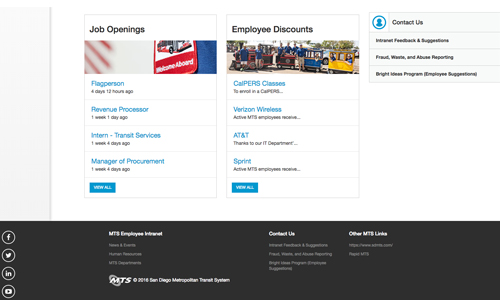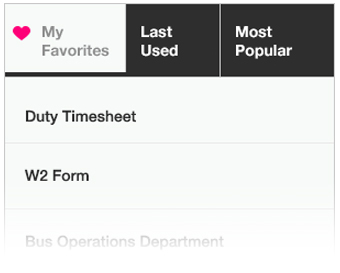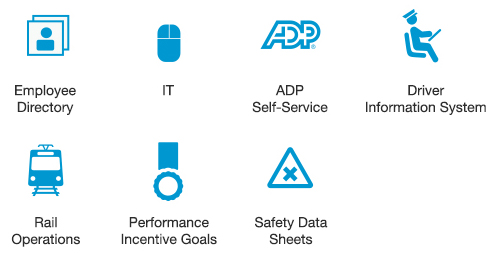
1. Achieve a favorable Transit Enforcement expense budget variance for fiscal year 2020.
2. Maintain a fare evasion rate below 3.0% of total trolley ridership.
3. Reduce the number of work-related injuries (Worker’s Compensation Claims) to Code Compliance Inspectors by 10% as compared to fiscal year 2018 through training and improved situational awareness.
4. Create an annual Advanced Inspector Training program that would include a minimum of 16 hours of training for each fiscal year. There will be two core classes taught each year: Defensive Tactics and De-Escalation Training, and the remainder of the hours will be filled with courses based on current trends and the needs of the Security Department. Homeless Outreach and Biased Based Policing will be included in fiscal 2020. All employee training will be tracked and documented.
5. Increase public awareness of security contact options (Ride Assured, Telephone, Security App, employee notification). Partner with Marketing to inform the public through community outreach, increased signage and public awareness campaigns. An increase in calls for service is expected when comparing to the previous year. A security survey will be conducted in March 2020 and will reflect a 20% increase (compared to the 2019 Security survey) in the number of patrons who know how to contact security.
6. Develop a 15 minute employee security training program and provide the training to all MTS field employees.The training will include “See Something, Say Something” principles, how and when to notify security or police. Partner with Marketing to create a training video that can be used as part of the training. All training will be completed by June 30, 2020.
7. Provide two mandatory wellness training courses to all Transit Enforcement employees to include a course in Stress Management (and EAP) and one course in personal health management.
8. Reduce the number of non-compliant arrests by 5% by reviewing / changing enforcement protocols, continual review of all use of force incidents and progressive De-Escalation Training for Transit Enforcement personnel. Provide De-Escalation training to all TSS supervisors and managers.

 Employee Directory
Employee Directory IT Help Desk
IT Help Desk ADP Self-Service
ADP Self-Service Driver Information System
Driver Information System Bus Operations
Bus Operations Rail Operations
Rail Operations Performance Incentive Program
Performance Incentive Program Safety Data Sheets
Safety Data Sheets



